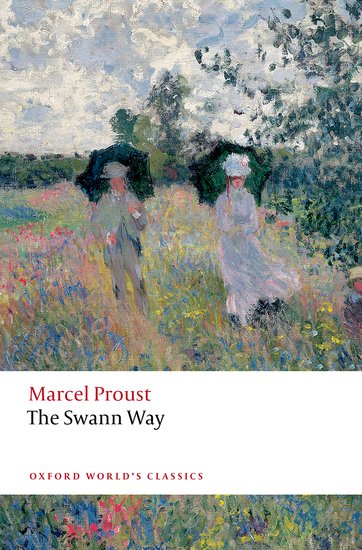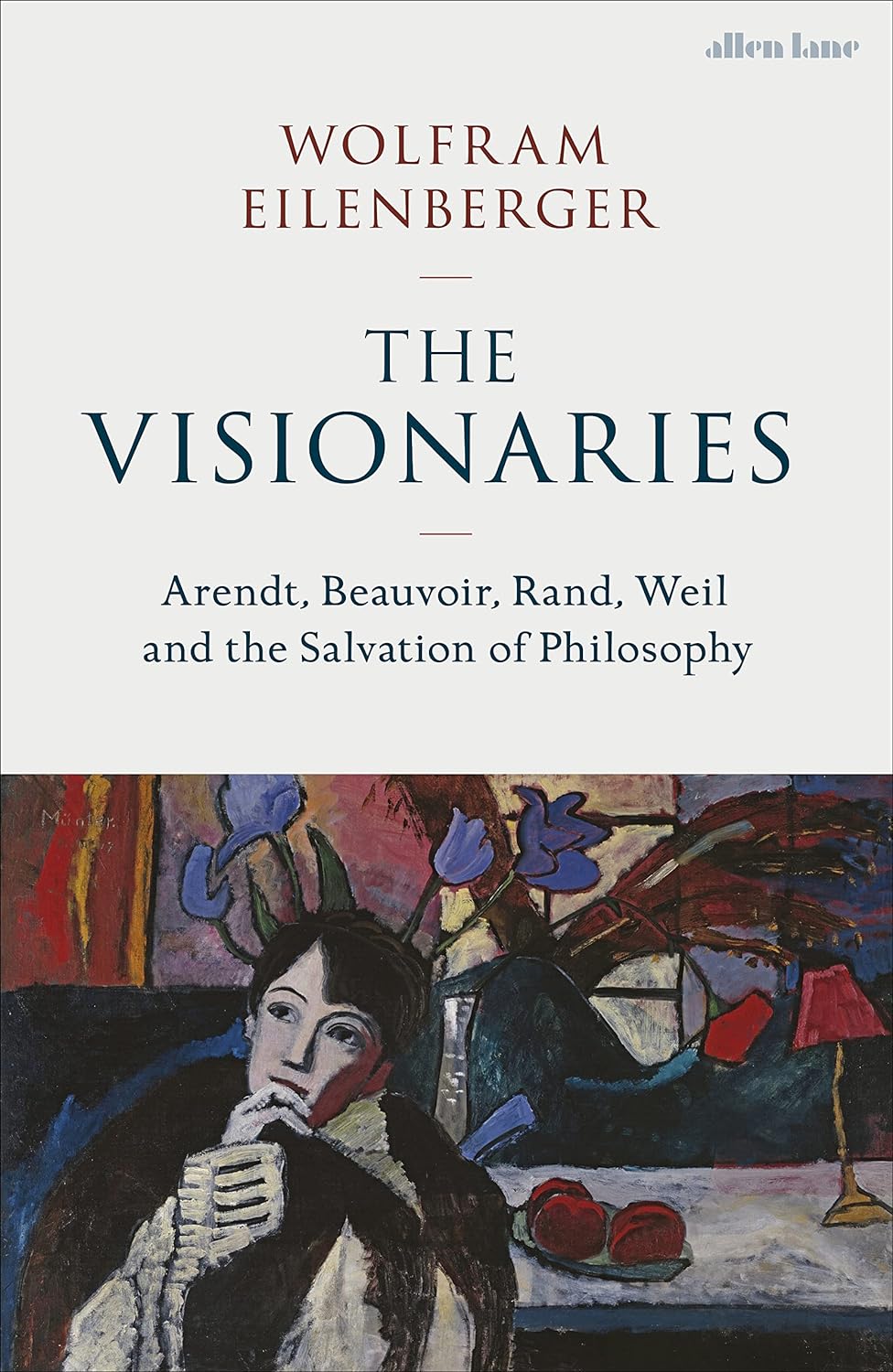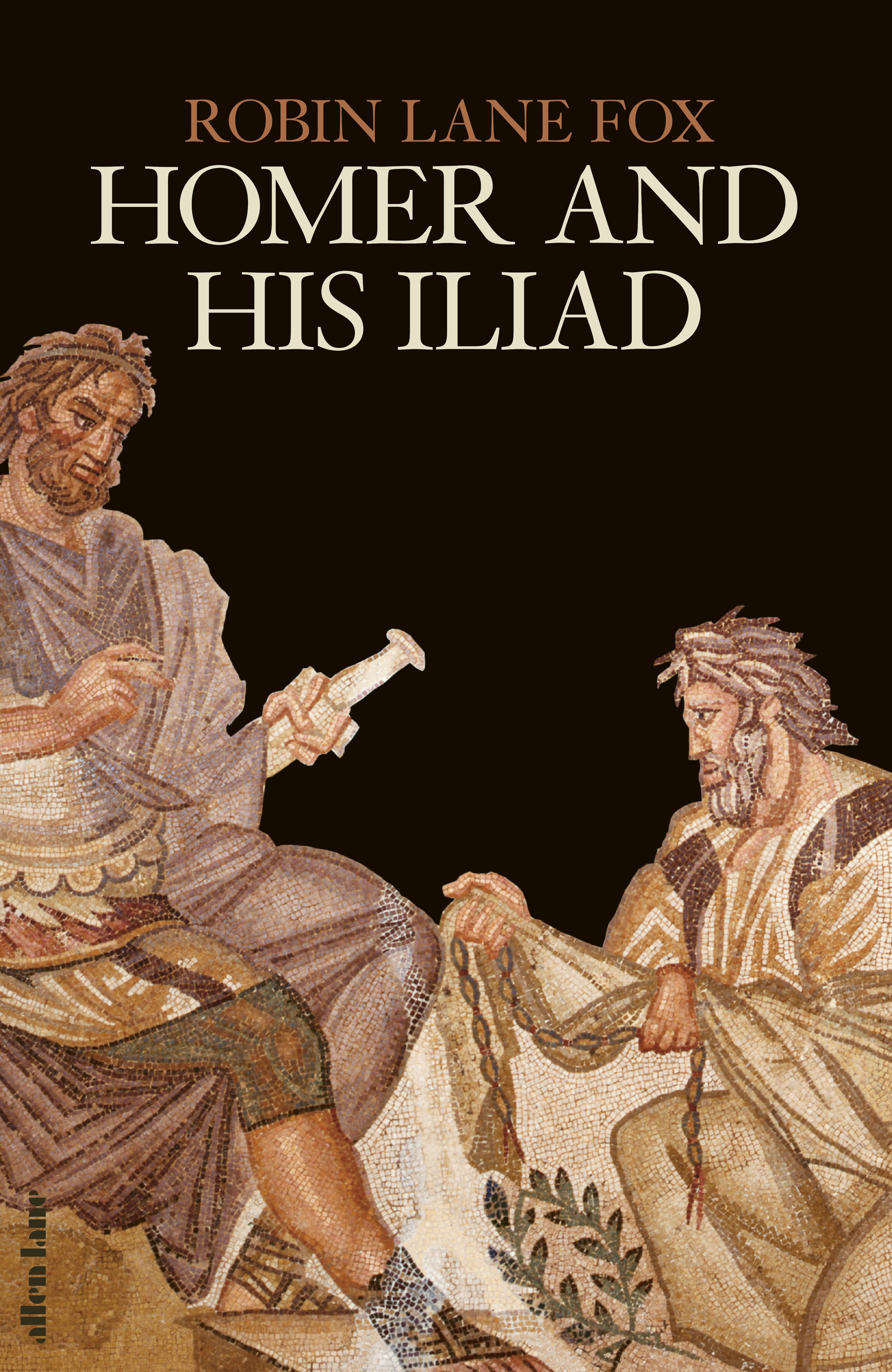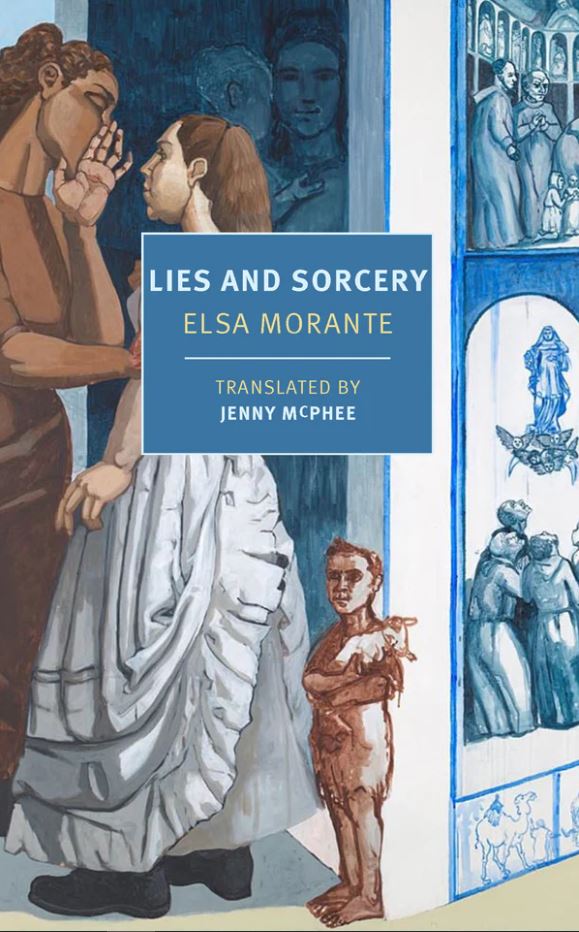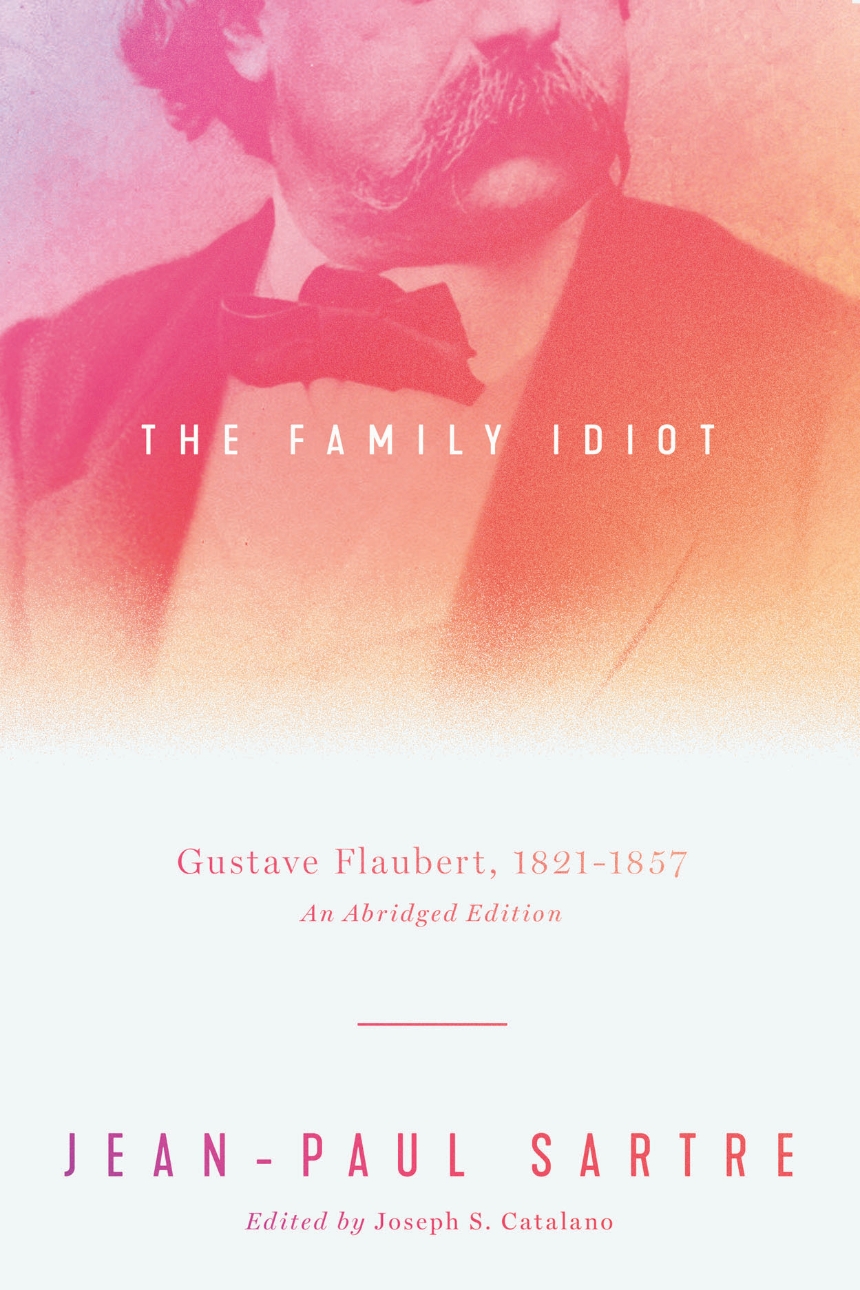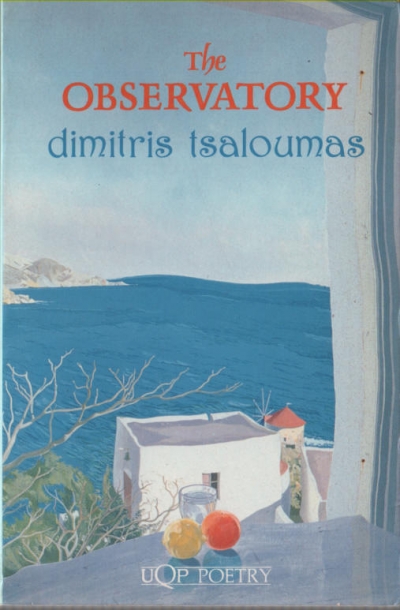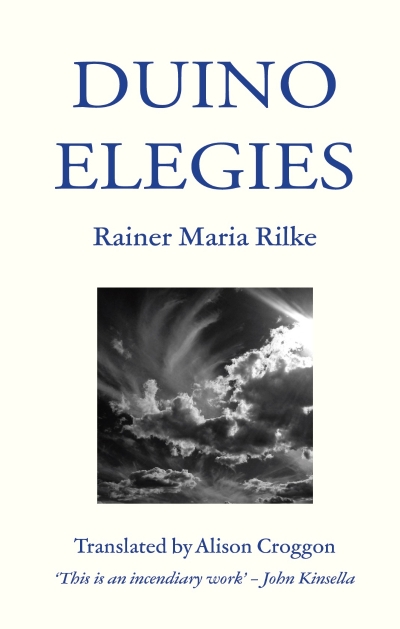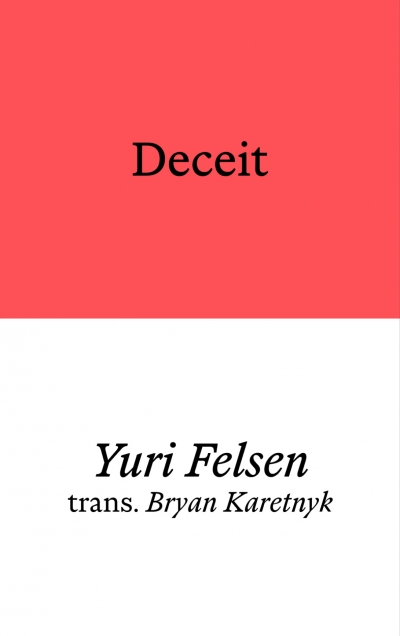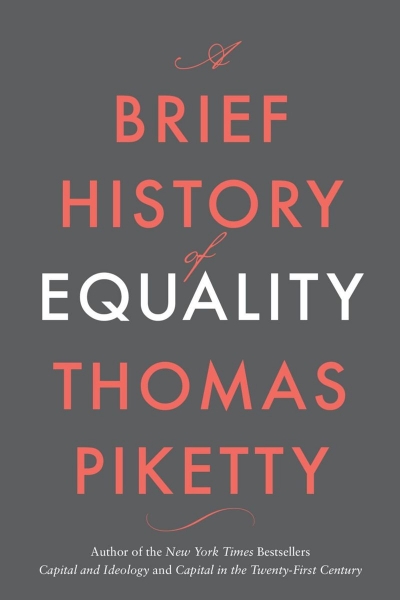Translations
The Swann Way by Marcel Proust, translated from the French by Brian Nelson
by Felicity Chaplin •
Every Man for Himself and God Against All by Werner Herzog, translated by Michael Hofmann
by Corey Cribb •
The Visionaries: Arendt, Beauvoir, Rand, Weil and the salvation of philosophy by Wolfram Eilenberger, translated by Shaun Whiteside
by Frances Wilson •
Homer and His Iliad by Robin Lane Fox & The Iliad by Homer, translated by Emily Wilson
Lies and Sorcery by Elsa Morante, translated by Jenny McPhee
by Lily Patchett •
The Family Idiot: Gustave Flaubert, 1821–1857, an abridged edition by Jean-Paul Sartre, translated by Carol Cosman, edited by Joseph S. Catalano
by Brian Nelson •
The Observatory: Selected poems by Dimitris Tsaloumas, translated by Philip Grundy
by Philip Martin •
Duino Elegies by Rainer Maria Rilke, translated by Alison Croggon
by Humphrey Bower •
A Brief History of Equality by Thomas Piketty, translated by Steven Rendall
by Yassmin Abdel-Magied •


